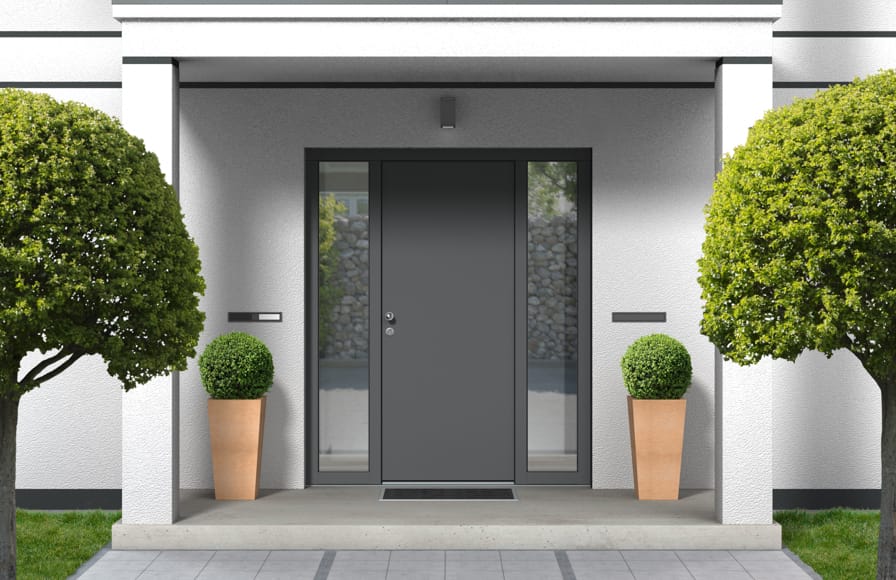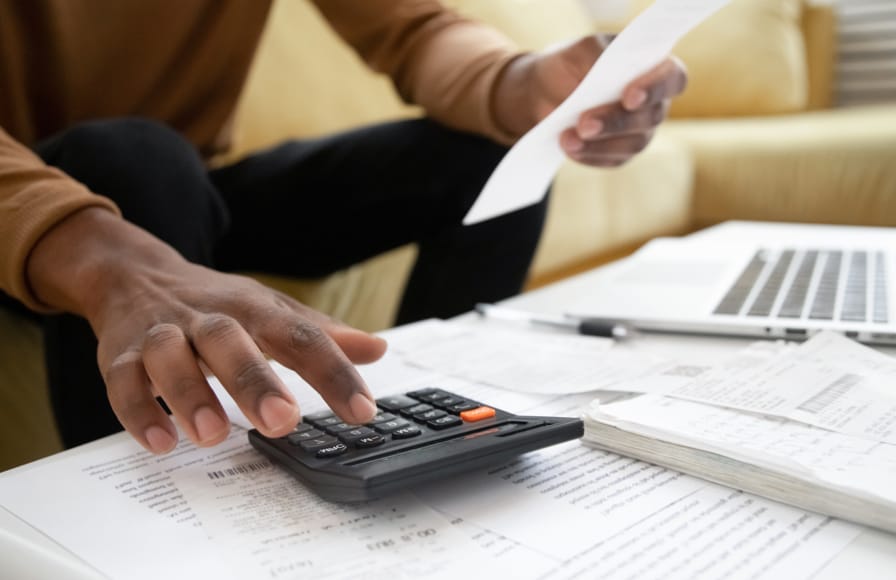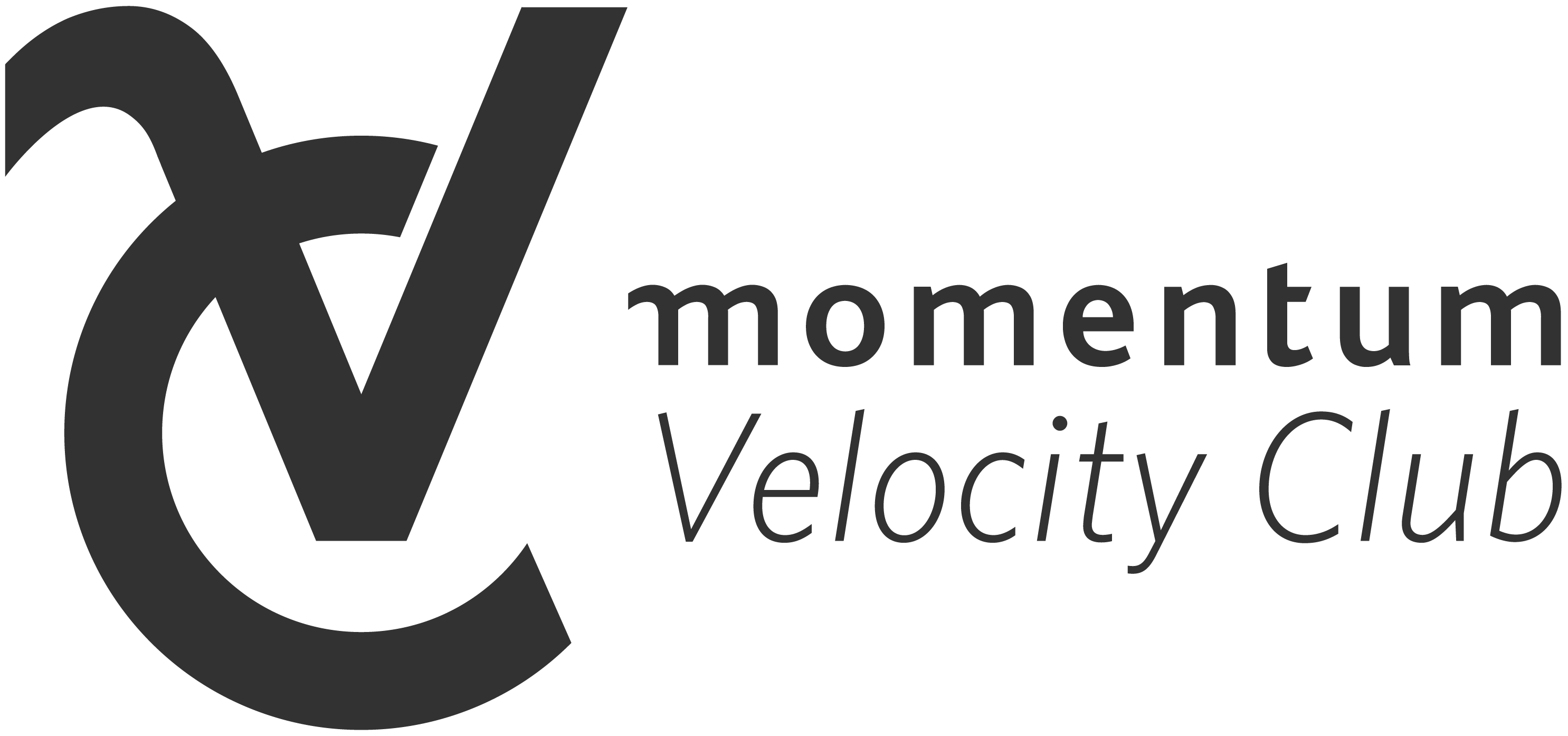07 October 2020 | 5 - 8 min read
Residential property - The ins and outs

If you’re anything like everyone else, you need a place to live. And like most of us, that place probably forces you to pay rent. But what you may not know is that being stuck paying rent forever isn’t your only option.
Buying a home is a great way to escape that endless cycle of renting. And now, thanks to crazy low interest rates, it’s within reach of more of us than almost ever before.
But it’s also a huge commitment that requires you to really understand what you are getting into. Otherwise, it could cost you much more than you realise.
Our view is that a home, in most cases, is not an investment that will create wealth in the long term. But it IS an asset that can really kick start your overall portfolio.
If you’ve ever dreamed of owning your own place, and you’re ready to plunge into the finances of it, we’re here to get you savvy on everything you need to know before you start the exciting process of house hunting. But before we do that, let’s answer that big question you’re probably already asking:
Why should I buy when I can just rent?
We’re glad you asked!
The answer is:
- Buying frees you from landlords
- You can change the property to suit your tastes
- In the long run, you might make money
But just like anything in life, it’s not always as simple as that and there is some fine print. So let’s jump in and look at those 3 in a bit more detail.
1. Freedom from landlords
Buying a house frees you from the demands and stresses of dealing with a landlord. For example:
Are you currently stuck waiting for months for the landlord to send someone to come out and fix the bathroom cupboard?
Is the place in desperate need of a repaint that the landlord is too cheap to arrange?
Are you annoyed by the landlord’s insistence on sending you Whatsapp voice notes instead of normal text messages like everybody else?
Whatever the issue is, dealing with landlords can often be a stressful and frustrating experience.
When you buy your own house, all of that changes. Now you are the boss.
Broken bathroom cupboard? You can tear the doors right off if you prefer a more open look. It’s your house. You make the rules.
Prefer text messages to voice notes? Good, so do the rest of us!
Think the place needs a new coat of paint? No problem! Go forth and start repainting!
But with great power comes with great responsibility.
If you tear those bathroom cupboards off and a water line breaks and floods the bathroom, that’s your responsibility to fix at your own cost.
When that tree in the garden breaks a hole in the neighbour’s fence, the cost of those repairs is coming out of your pocket.
Becoming a homeowner means gaining the freedom to make your own decisions about how you use and maintain the property. If those things are important to you, then home ownership may be right for you, if you can afford it.
2. You can change the property to suit your tastes
Ever looked at your old, tired rental property and imagined the things you would do to it if it was yours?
When you buy a house, you have the freedom to remodel it to suit your style - just make sure you check in with the local home owners association first, if there is one! They might not approve of that glowing Gucci lawn sign you’ve been eyeing :*(
If you’ve always wanted air-conditioning inside your house and an island counter in your kitchen, you can have it. Or maybe you own a bunch of designer clothes and you’ve always wanted a dedicated wardrobe to display it all? Having your own home gives you the ability to create those spaces, achieve those dreams and live the home life you always wanted.
3. In the long run, you can actually make money
Buying a house can be expensive and there are a lot of costs involved. But if you make all the right decisions, it can actually be profitable over the long term.
Making the right decisions involves understanding what costs to expect, and properly planning for them.
The 2 main costs are:
- The upfront costs of actually buying the house
- The ongoing costs of owning the house
The upfront costs, also known as ‘transaction costs’, are the expenses you have to pay when you buy a property. The two biggest of those are the transfer duties (basically, the tax you pay when you buy a house), and the bond registration costs (the fees you pay the attorneys to register your new bond at the deeds office).
The ongoing costs of owning a house probably won’t be obvious to you if you’re used to renting. Firstly, you’ll need to insure your house (sorry, no getting out of that one - the bank requires it). Then, you’ll need to pay the monthly rates bill to the municipality and a monthly levy if you’re in a complex or estate. And after that, you’ll have to deal with any maintenance issues that come up (like that annoying broken bathroom cupboard we spoke about earlier!).
The profit
Now that we’ve taken all your money and you’re all set up in your new house, kick off your shoes and make yourself comfy, because you’re going to be there a while. You wanted to make a profit, right? Of course you do, otherwise, you wouldn’t be reading this.
According to our financial advisers, you need to be in your house for at least 10 years before you can consider selling it. This is the period of time it will take for your house to increase in value and for you to have paid off enough money into the bond, for the sale of the house to become profitable.
According to our financial advisers, you need to be in your house for at least 10 years before you can consider selling it.
How can Velocity Club help you buy your first property?
You’ve got questions? We’ve got answers.
Whether you need help with budgeting towards your first property or understanding how to afford that house, we can help. No need to let any of that frighten you - we’ll assist with all of the calculations. Even if you’re not sure whether you should buy at all or just continue renting, we’ll help you decide what’s best for you.

14 October 2020 | 5 - 8 min read
5 ways to survive the silly season without wreaking havoc on your bank balance

07 October 2020 | 5 - 8 min read
How to (legally) reduce your tax bill - and other fun tax facts

05 October 2020 | 5 - 8 min read
Credit score 101

SIGN ME UP
Start making the right money moves today
Put your goals within reach. Leave your details and a Relationship Consultant will call you back.
